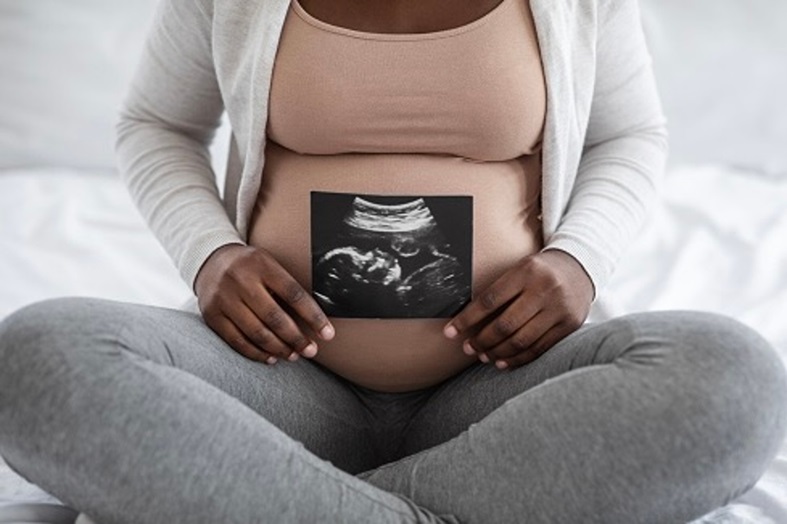“No woman should have to die”: Health Leaders Hold First Maternal Mortality Symposium in Atlanta
Morehouse School of Medicine’s Dr. Natalie Hernandez-Green joined with more than 250 health leaders, government officials, and patient advocates at the event, who hope more collaboration can save lives.
By Grace King, 11Alive
ATLANTA — Georgia consistently ranks among the states with the highest rate of mothers dying because of childbirth. The numbers aren't getting better.
On Wednesday, November 29, more than 250 researchers, health leaders, community members, patients, and government officials convened for the first symposium in Atlanta to address maternal health.
"People are really passionate about working on it, yet we haven't been able to change those terrible statistics," said Daniele Fallin, dean of the Emory University Rollins School of Public Health. "One of the reasons we think we haven't been able to change those statistics is because we've been working in silos."
The symposium was organized by Emory University’s Woodruff Health Sciences Center in collaboration with Research!America, Morehouse School of Medicine, Mercer University School of Medicine, and other community partners.
"No woman should have to die from a pregnancy-related complication in a country that has one of the best healthcare systems in the world," said Natalie Hernandez-Green, executive director of Morehouse School of Medicine's Center for Maternal Health Equity. "This should be a moment of joy and not a moment of dread. There's so many things that we can do."
Dr. Hernandez-Green moderated a conversation with Heather Dobbs, who is a doula and perinatal patient navigator.
"I nearly hemorrhaged to death and had to have an emergency hysterectomy because of that experience," Dobbs said. "I learned afterwards that women who look like me are three to four times more likely to die in childbirth."
She shared her story with the people in attendance Wednesday in hopes of empowering them to make change. She doesn't want anyone else to live with the trauma she has from childbirth.
"A lot of the things that are happening are treatable and preventable and we really could be doing a much better job than what we're doing now," she said. "While there are several mothers that have unfortunately passed away... there are also those of us that are living with that trauma that impacted our families and we're having to go on and continue."
Research!America also presented new findings from a public opinion survey conducted on maternal health in Georgia.
It found that one in 10 Georgians know of someone who has died during pregnancy, at delivery, or soon after birth, and more than half (57%) have experienced or know someone who has experienced complications during pregnancy.
"That is shocking. That's far higher than the actual statistic," said Mary Wooley, president and CEO of Research!America. "The fact that this is so front of mind for people and so concerning is overwhelming."
She hopes they can use that data to make informed decisions about public policy and healthcare in the future.
"The people, regardless of their partisan identity, want this to be a top concern of leaders in Georgia," she said. "If you're concerned and hopeful, that tells you we can go in a better direction. We can achieve more healthy lives for mothers, and for children, and for families. There's every reason to be optimistic."


